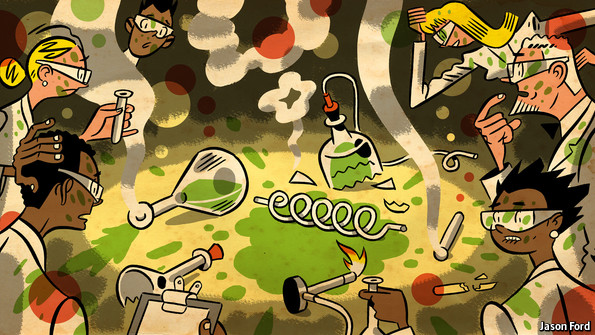Science Gone Wrong: Economist Article
Kristen Sparrow • November 07, 2013


For anyone interested in science, this is a clarion call for better vetting, a change in attitude about what gets published and a plea for less emphasis on “exciting” new findings, and more attention to careful (boring) studies which corroborate previous work.
Last year researchers at one biotech firm, Amgen, found they could reproduce just six of 53 “landmark” studies in cancer research. Earlier, a group at Bayer, a drug company, managed to repeat just a quarter of 67 similarly important papers. A leading computer scientist frets that three-quarters of papers in his subfield are bunk. In 2000-10 roughly 80,000 patients took part in clinical trials based on research that was later retracted because of mistakes or improprieties.
What a load of rubbish
Even when flawed research does not put people’s lives at risk—and much of it is too far from the market to do so—it squanders money and the efforts of some of the world’s best minds. The opportunity costs of stymied progress are hard to quantify, but they are likely to be vast. And they could be rising.
http://www.economist.com/news/leaders/21588069-scientific-research-has-changed-world-now-it-needs-change-itself-how-science-goes-wrong
http://www.economist.com/news/briefing/21588057-scientists-think-science-self-correcting-alarming-degree-it-not-trouble
Update: More from the San Francisco Chronicle

